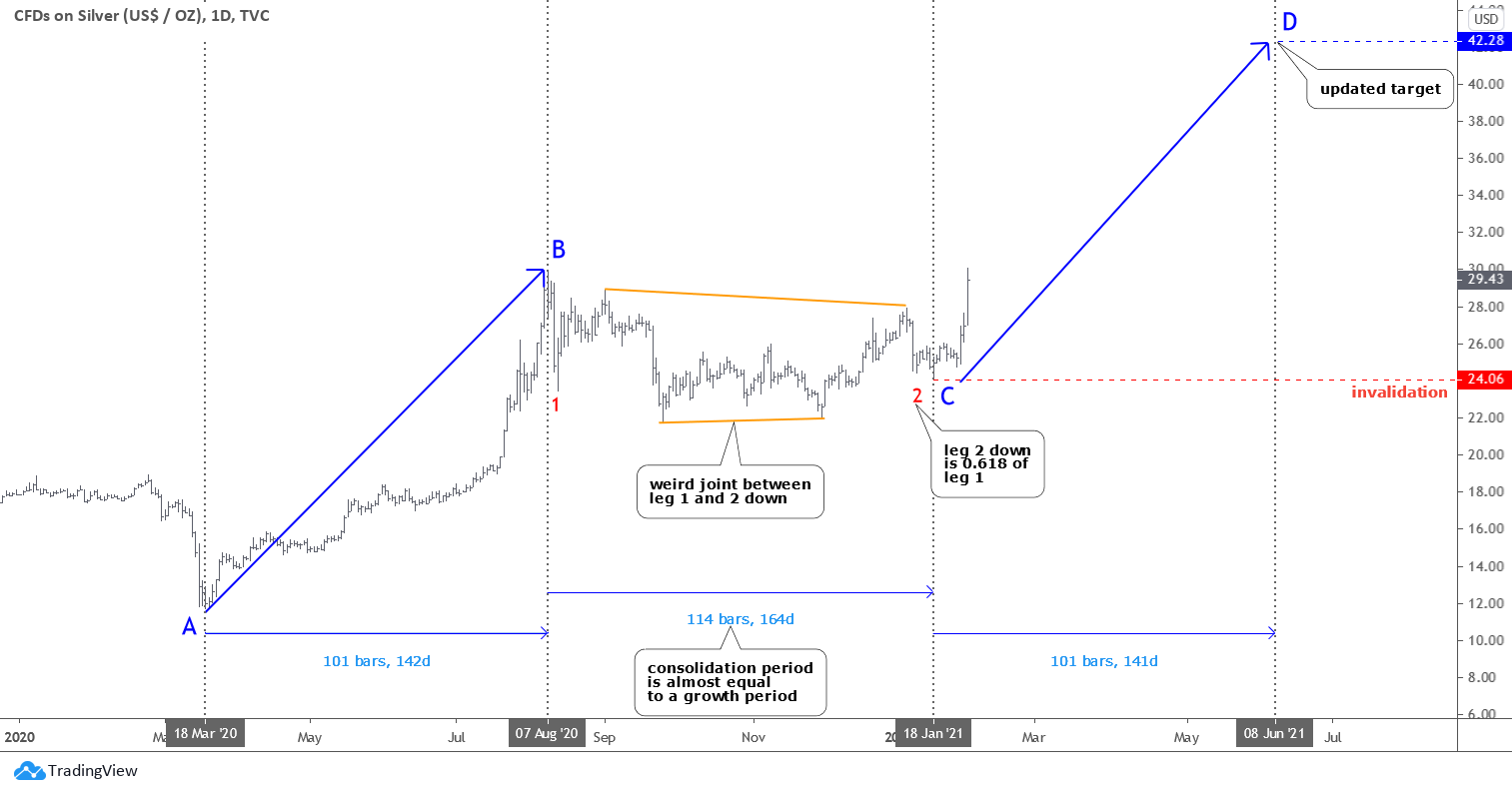All of the news articles and media commentary on the volatility in GameStop (GME) stock last week centered on the supposed war between retail investors who were buying the stock, putting a squeeze on those evil rich hedge-fund managers who had shorted the stock. And the Davids, at least for now, were beating the Goliaths. Good versus evil is always easy to understand and makes for a compelling story, especially when "the little guy" prevails.
Morality play aside, a lot of people were probably scratching their heads as to why some people would be so enthusiastic about buying stock in a company that appears to be 10 years behind the times, seeing as how its main business consists of selling or reselling physical copies of digital games even as the rest of the world has moved onto streaming. It also cast a lot of attention on short-selling, with many people receiving a crash course in the tactic.
However, it's also another example of how the Federal Reserve's super-loose monetary policy and 0% interest rates are distorting investor behavior. While retail investors on Robinhood and other platforms are driving up the price of what otherwise might be a stock headed in the other direction, we need to remember one of the reasons why investors are willing to make such outlandish bets like this.
It demonstrates the lengths some investors will go to make money because it's become difficult to do so in more conventional (i.e., safe) investments, such as quality stocks and bonds. It also reveals the almost devil-may-care attitude some investors have adopted, believing that the Fed will eventually ride to their rescue. Continue reading "The Fed's Role In GameStop"

